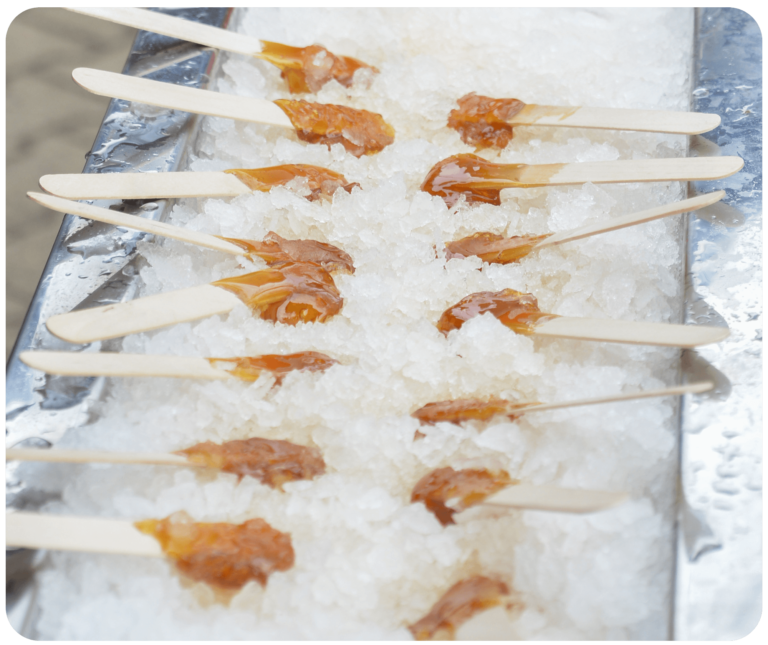Information
Who Can Produce Maple Syrup?
Anyone with access to maple trees and a willingness to learn can produce maple syrup, making it an accessible and rewarding endeavor for hobbyists and small-scale producers alike.

Anyone with an interest, a little knowledge, and the proper equipment can try their hand at maple syrup production, assuming they live in the maple syrup belt. This region includes all US states and Canadian provinces surrounding the Great Lakes and stretches to New England and Nova Scotia. Maple syrup is considered one of the oldest natural food products in North America, dating back to the Native Americans!
Information on producing maple syrup is available through organizations such as the New York State Maple Producer’s Association or your local Cornell Cooperative Extension. As for acquiring the proper equipment and materials, do a little online research and look for maple equipment dealers in your region. Most hobbyists will find the experience of producing maple syrup fun and rewarding. Remember that the tree-tapping season is short — usually only four to six weeks — so be sure to plan ahead!
Harvesting tree sap and producing maple syrup can be a fun activity for the entire family. Here are the tools you’ll need to get started, courtesy of the Cornell Sugar Maple Research & Extension Program: